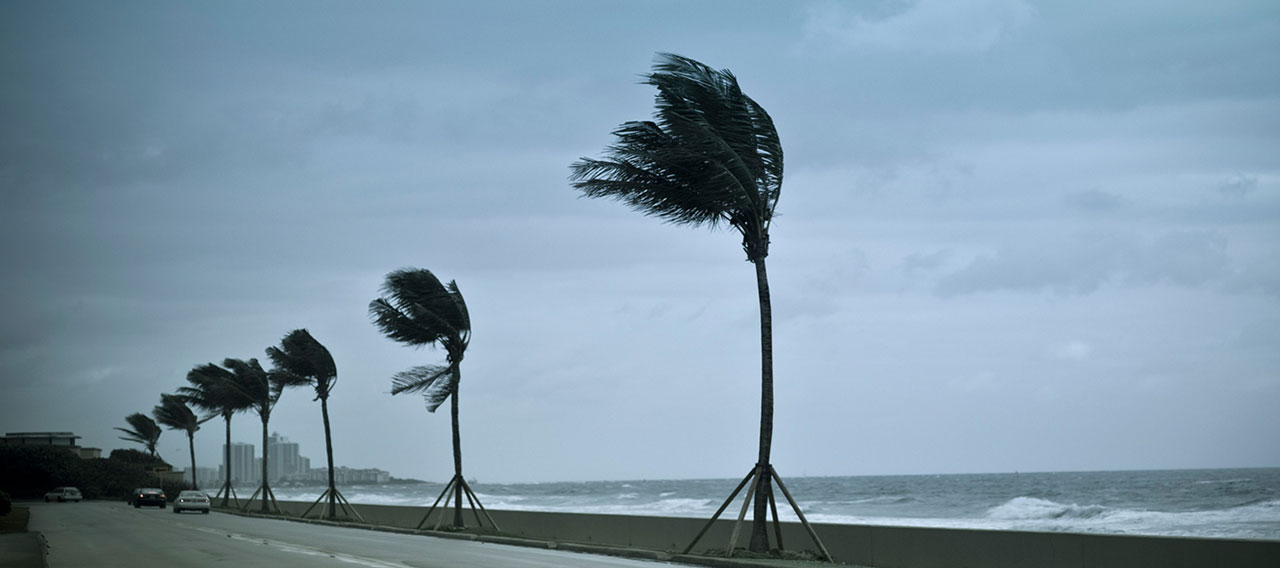- Individuals & Families
- Businesses
- Agents & Brokers
- Embedded Insurance

Chubb ranked #1 for Customer Satisfaction with the Home Insurance Claims Experience

Chubb ranked #1 for Customer Satisfaction with the Home Insurance Claims Experience

Chubb ranked #1 for Customer Satisfaction with the Home Insurance Claims Experience

Chubb ranked #1 for Customer Satisfaction with the Home Insurance Claims Experience

Because pets are family, Chubb now offers pet insurance with top-rated coverage from Healthy Paws.

Chubb offers the insurance protection you need for travel’s many “what ifs”.

Chubb protects small businesses at every stage – from newly formed start-ups to long-time anchors of the community.

Stay ahead of cyber threats with our free Cyber Claims Landscape Report.

Learn more about our dedicated learning paths, Online Learning Center, and more.

Many digital-savvy consumers look for it as a core or add-on option.

Many digital-savvy consumers look for it as a core or add-on option.

Many digital-savvy consumers look for it as a core or add-on option.

Chubb’s in-house technology makes it easy to integrate what we do into your customer experience.
-
About
-
Claims
-
Login & Pay Bill
For Agents & BrokersFor Travel Advisors
-
Back
Individuals & Families Insights and Expertise
Featured Insights


Many city homes have been renovated and updated prior to going on the market, but if you are considering purchasing a residence that has not undergone recent renovations or upgrades, here are some things to consider.

Whether you’re thinking about purchasing wine, or have started building a collection, it’s important to understand what factors determine the value of a bottle of wine and its potential as an investment.

Sometimes Mother Nature has a way of reminding us who’s in charge. While you can’t control when or where a cyclone will hit, the best way to minimise potential damage is to be prepared.
Get a personal insurance quote
Work with an independent agent to get personalized insurance solutions.

